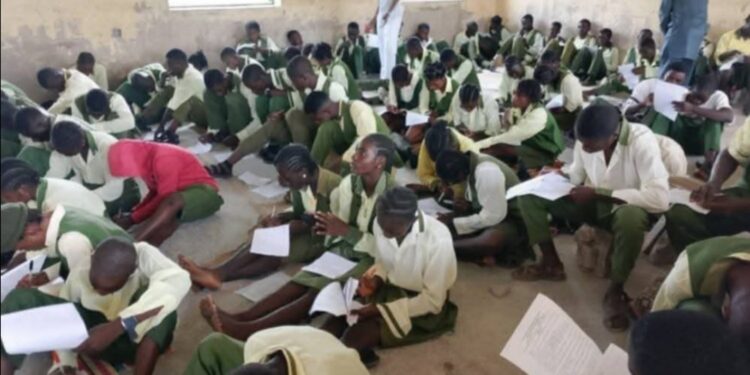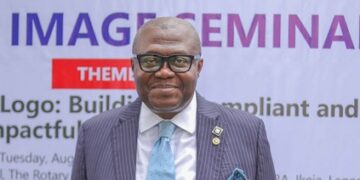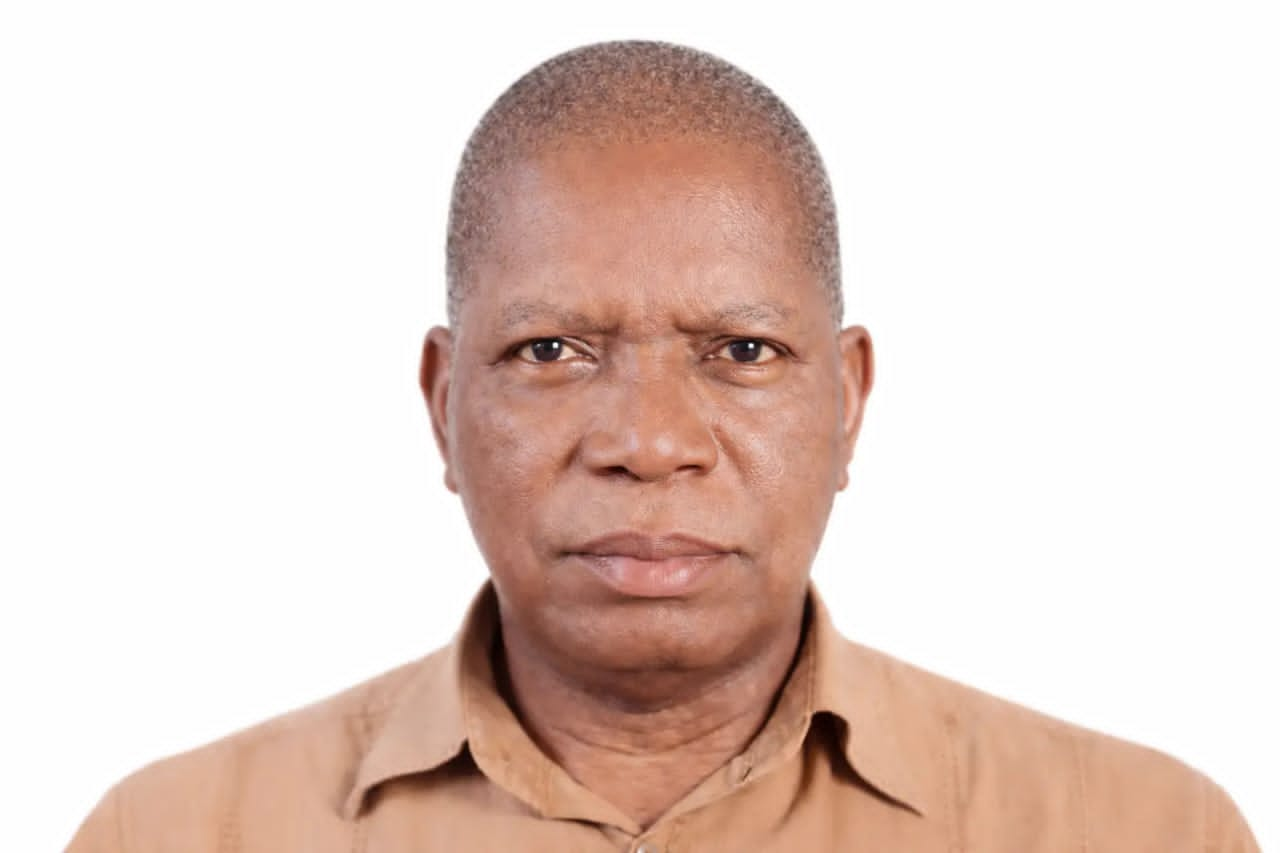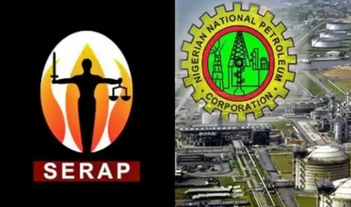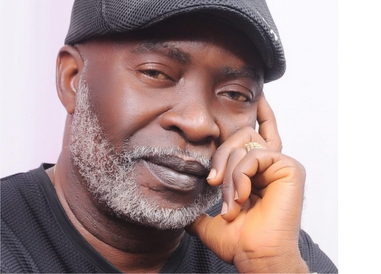Nigeria economic reforms under Tinubu have sparked recovery in trade, reserves, debt, and fiscal discipline, says Presidency aide Sunday Dare.
Nigeria economic reforms under Tinubu have ushered in measurable improvements across critical sectors of the economy, according to the Presidency.
Also read: African Democratic Congress slams Tinubu’s rule
In a detailed post on Thursday via his official X handle, Special Adviser to the President on Media and Public Communication, Sunday Dare, claimed that President Bola Tinubu inherited a country on the brink of economic collapse, but swift reforms have since turned the tide.
“Before May 2023, Nigeria was consistently running a trade deficit,” Dare wrote. “Today, the tide has shifted — Nigeria now records a trade surplus, easing pressure on our external accounts.”
Dare listed key policy actions, including the removal of fuel subsidy, unification of exchange rates, tax reforms, tighter fiscal discipline, and improved oil production, as reasons for the country’s economic rebound.
He noted that foreign reserves had risen from under $4 billion to over $23 billion, following the clearing of FX forwards and greater investor confidence. “FX is now accessible on naira cards,” he added, indicating enhanced currency liquidity.
On taxation, Dare said Nigeria’s tax-to-GDP ratio had increased from below 10% to over 15%, while debt servicing — once consuming 97% of revenue — had dropped below 50%. “A near-bankruptcy situation has been reversed,” he noted.
Addressing the controversial fuel subsidy removal, the presidential aide said it was “wasteful and unsustainable,” adding that its elimination has freed up funds for infrastructure and improved revenue allocations to states.
Budget reforms have also led to a declining deficit and higher capital expenditure. “Previously, Nigeria’s budget was dominated by high deficits and low capital spending. Reforms have reversed this trend,” Dare stated.
On oil and gas, he said renewed security efforts have helped curb theft and sabotage, raising national output. “This is restoring Nigeria’s most important revenue stream,” he added.
Dare also argued that reforms had created a more predictable investment climate, which has drawn capital inflows and improved Nigeria’s sovereign ratings.
On inflation and interest rates, he admitted they remain high but insisted they are beginning to moderate.
Tackling poverty and unemployment, he acknowledged challenges remain, but claimed reforms are laying pathways for job creation and economic inclusion, especially through infrastructure and credit access.
He concluded by warning that, without reforms, Nigeria risked economic collapse. “Hyperinflation, ballooning debt, collapsing reserves, and worsening deficits were real threats.
The reforms were not optional — they were essential,” he stated.
The statement offers the strongest defence yet of the administration’s economic policies, which have attracted both praise and criticism amid a cost-of-living crisis.
Also read: ARCON warns against fake AI ad with Tinubu’s image
However, the Presidency maintains that the foundations of long-term recovery have now been laid.
Source: Read more at freelanews.com







